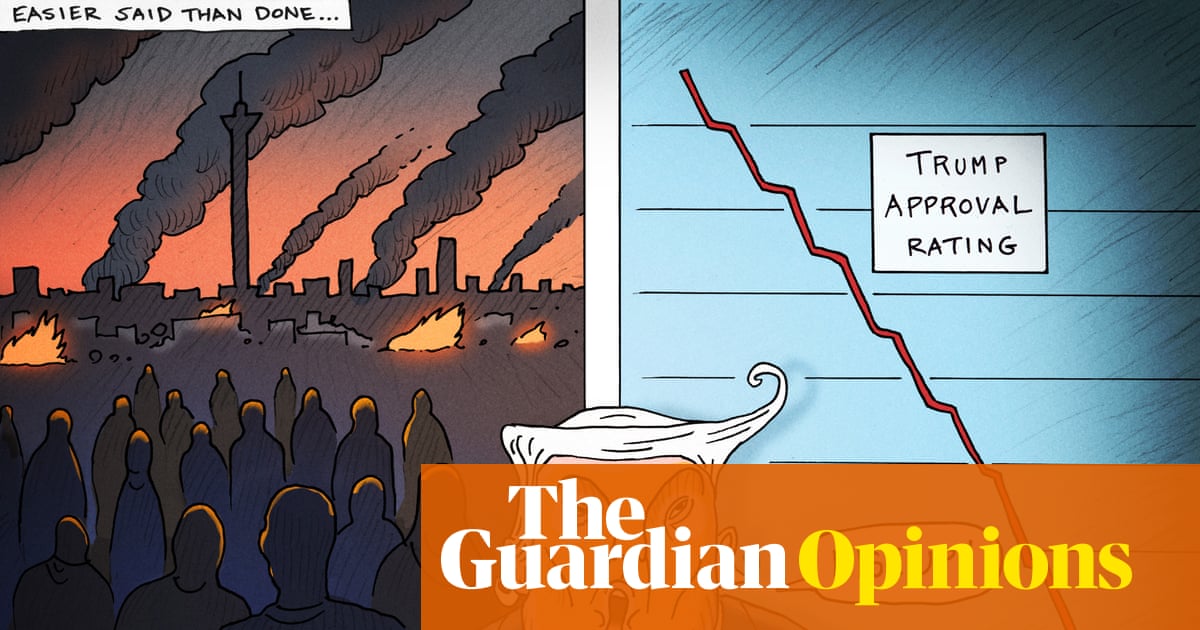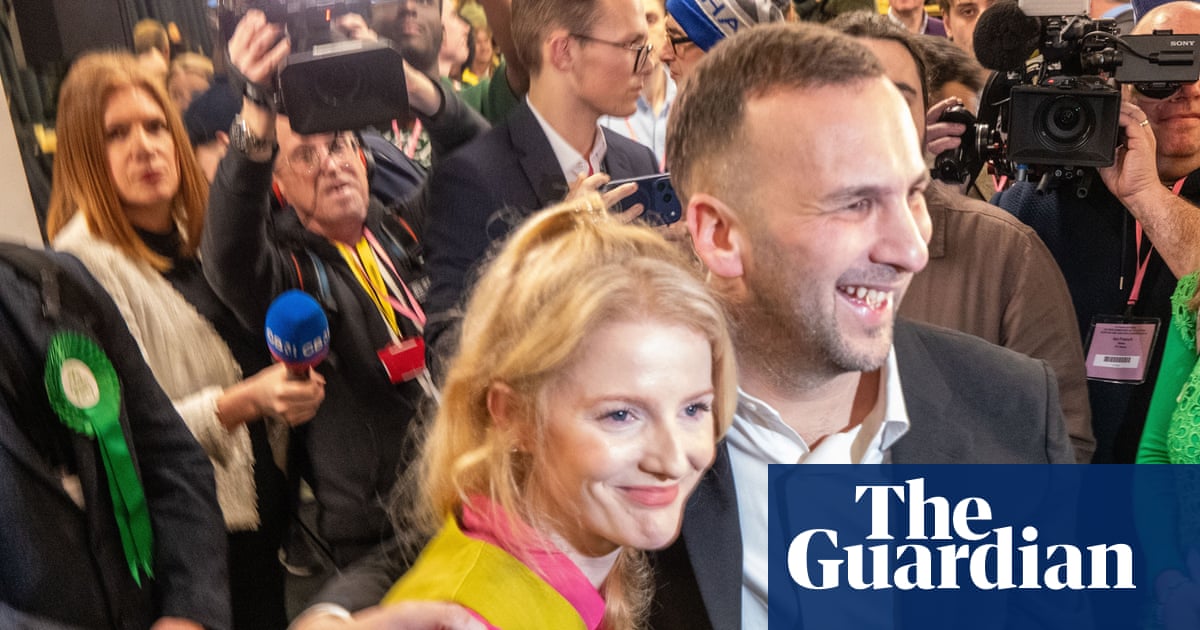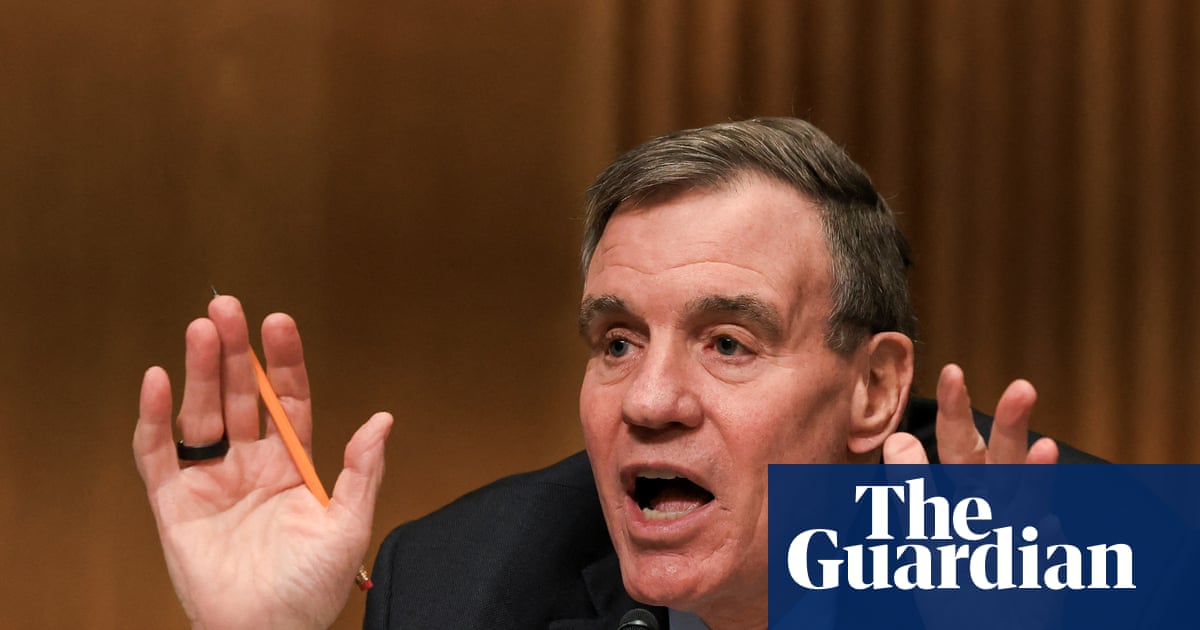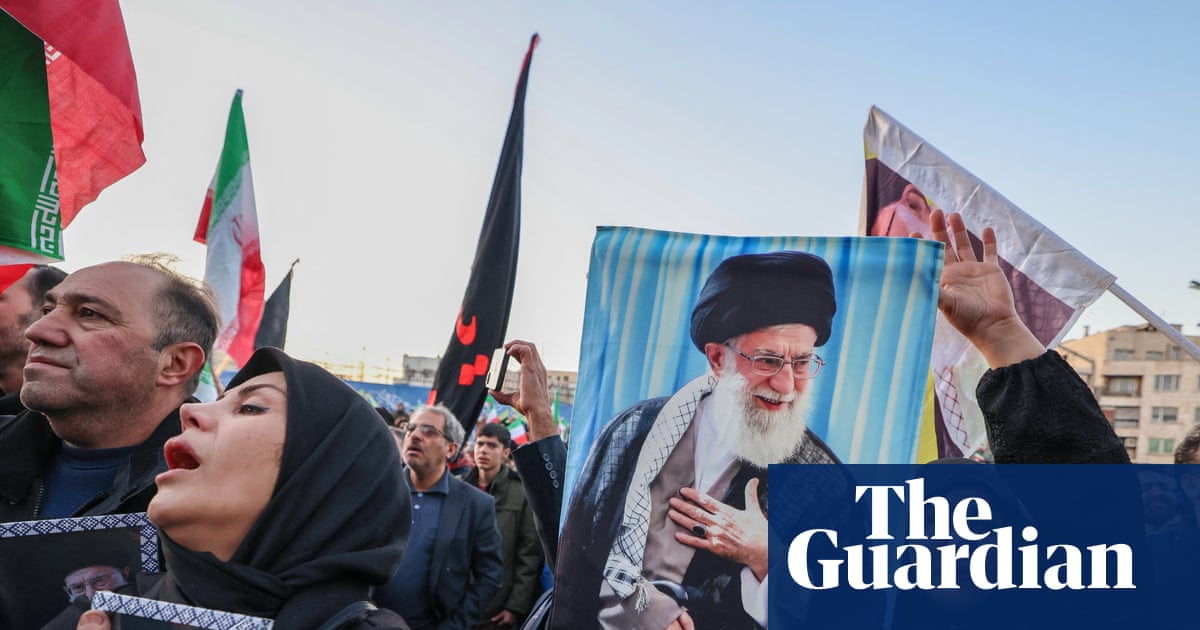Witnesses to Saturday evening’s stabbings on a train in Cambridgeshire at first wondered if reports of a knife-wielding attacker were a Halloween prank. As passengers fled through the carriages, some of them bleeding and shouting warnings, it became clear that this was one of those terrible moments when a nightmare comes true.
LNER staff and the emergency services deserve credit for their swift response. By diverting the high‑speed service to Huntingdon, train driver Andrew Johnson averted a worse disaster. Another crew member, who remains in a critical condition, has been described by police as “heroic”. Five out of 10 people who were injured in the rampage have been discharged. A suspect, Anthony Williams, was arrested at the scene and has appeared in court.
The contrast between frontline professionalism and the kneejerk cynicism of some rightwing politicians and commentators, in using these events to stoke fear and prejudice, could hardly be greater. Police announced at 10.30am on Sunday that two male suspects, both black British nationals, had been detained. Given that one of these men was later released and had nothing to do with the attack, his arrest and the decision to announce it must be reviewed promptly.
But the conduct of senior politicians, as well as less significant public figures, over the weekend was an ugly reminder of why guidance was changed to enable suspects’ nationality or ethnicity to be made public in high-profile cases where there is a risk of misinformation. While Chris Philp, the Tory shadow home secretary, said that police ought to have released “identity details” even sooner, Reform UK’s former co-leader, Ben Habib, said it was “almost inconceivable” that this was not a terrorist attack.
Such ill-judged remarks not only undermine the police – exposing the hypocrisy of rightwing politicians’ claims to champion law and order. They actively contribute to a climate of suspicion, in which social media rumours can easily create the false impression that facts are being hidden. The reality is that neither of the two highest-profile multiple stabbings involving strangers, in recent years, have been terrorist attacks. The inquiries into the killings carried out by Valdo Calocane in Nottingham in 2023, and Axel Rudakubana in Southport in 2024, are both focused on the men’s interactions with mental health and other public services.
It will take time to reach an understanding of what happened on Saturday. But looking at previous knife attacks, we can be certain that public services including the NHS need to get better at identifying people who pose a threat. In the case of Rudakubana, a failure of information-sharing between police forces is expected to be highlighted, when the inquiry report is published next year. An NHS review of the care given to Calocane, who was diagnosed with paranoid schizophrenia, pointed to treatment and risk assessment failures. Shortages of mental health beds and other resources have been found on many occasions to contribute to such lapses.
Mental illness-related explanations for extreme violence, and terrorism, are of course not mutually exclusive. The debate is ongoing in policy circles about how attackers who are fixated on violence rather than a particular ideology or worldview should be dealt with. But the opportunistic use of such tragedies to foment antagonism towards asylum seekers, and racist prejudice more broadly, must cease. It drags our politics towards the gutter.
-
Do you have an opinion on the issues raised in this article? If you would like to submit a response of up to 300 words by email to be considered for publication in our letters section, please click here.

.png) 3 months ago
100
3 months ago
100

















































